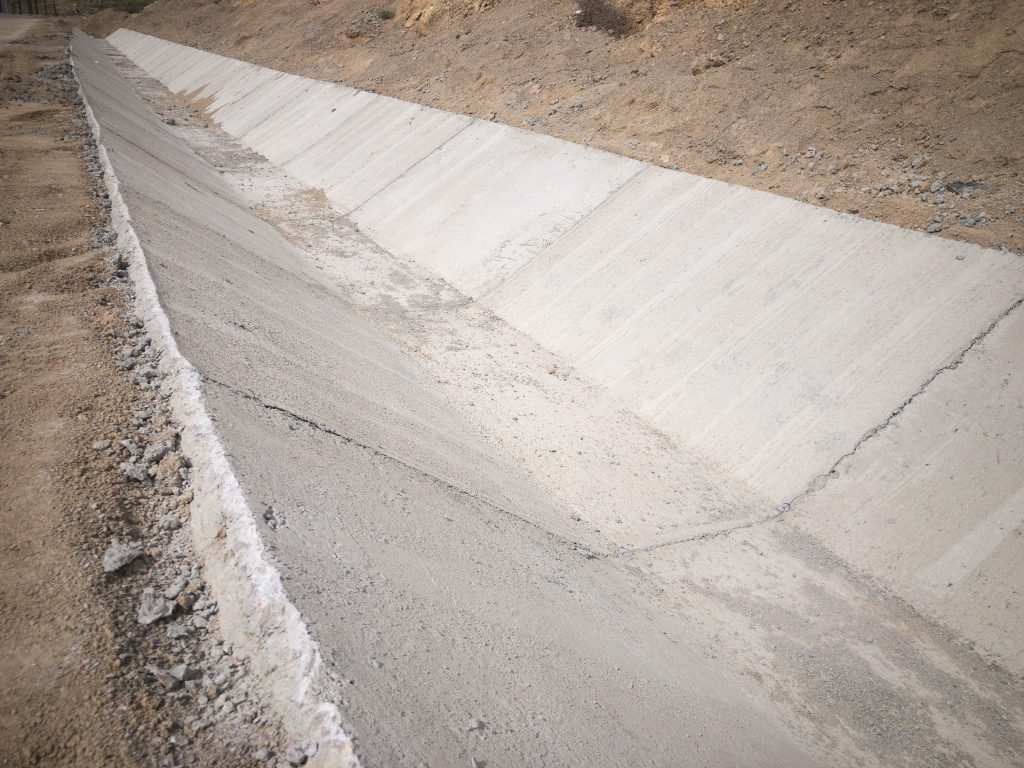
- ARAB NEWS
- 19 Jul 2025

The Government of Japan contributed to the construction of 1,500 m of irrigation and rainwater drainage canals in Bar Elias, Lebanon with an aim of aiding the development of the agricultural sector.
Food importers worry that dwindling dollars are on the verge of running out, and that the dollars available could reach a price level that would put food out of reach for a growing class of impoverished Lebanese. Lebanon’s agriculture sector remains heavily dependent on imported inputs, from seeds to fertilizers and pesticides, although some local alternatives have emerged.
The inception of these alternatives would however prove unsuccessful without a proper foundation and efficient technology such as irrigation systems.
Japan’s Ambassador to Lebanon Takeshi Okubo posted a video on Twitter explaining Japan’s willingness to help develop the sector.
“The agricultural sector is one of the pillars of the Lebanese economy and is essential to tackle Lebanon’s growing food security issues. Japan was and will remain supportive of developing Lebanon’s agricultural sector through infrastructure projects,” Okubo said.
ساهمت الهبة اليابانية ببناء 1,500م من قنوات الري وتصريف مياه الامطار في برالياس ما زاد من منسوب مياه الري وحدّ من فيضانات الشتاء وكوارثها على المحاصيل الزراعية. يجب توظيف ثروة لبنان المائية في سبيل تنمية القطاع الزراعي وتحقيق الامن الغذائي اليوم قبل بكرا #AgricultureDevelopment pic.twitter.com/TulpQFR7YE
— Takeshi Okubo (@TakeshiOkubo3) April 13, 2022
The main objective of the constructed irrigation canals is to build agricultural infrastructure to address food security issues through increasing the irrigation water and reducing the occurrence of winter floods, which have a disastrous effect on agricultural production.